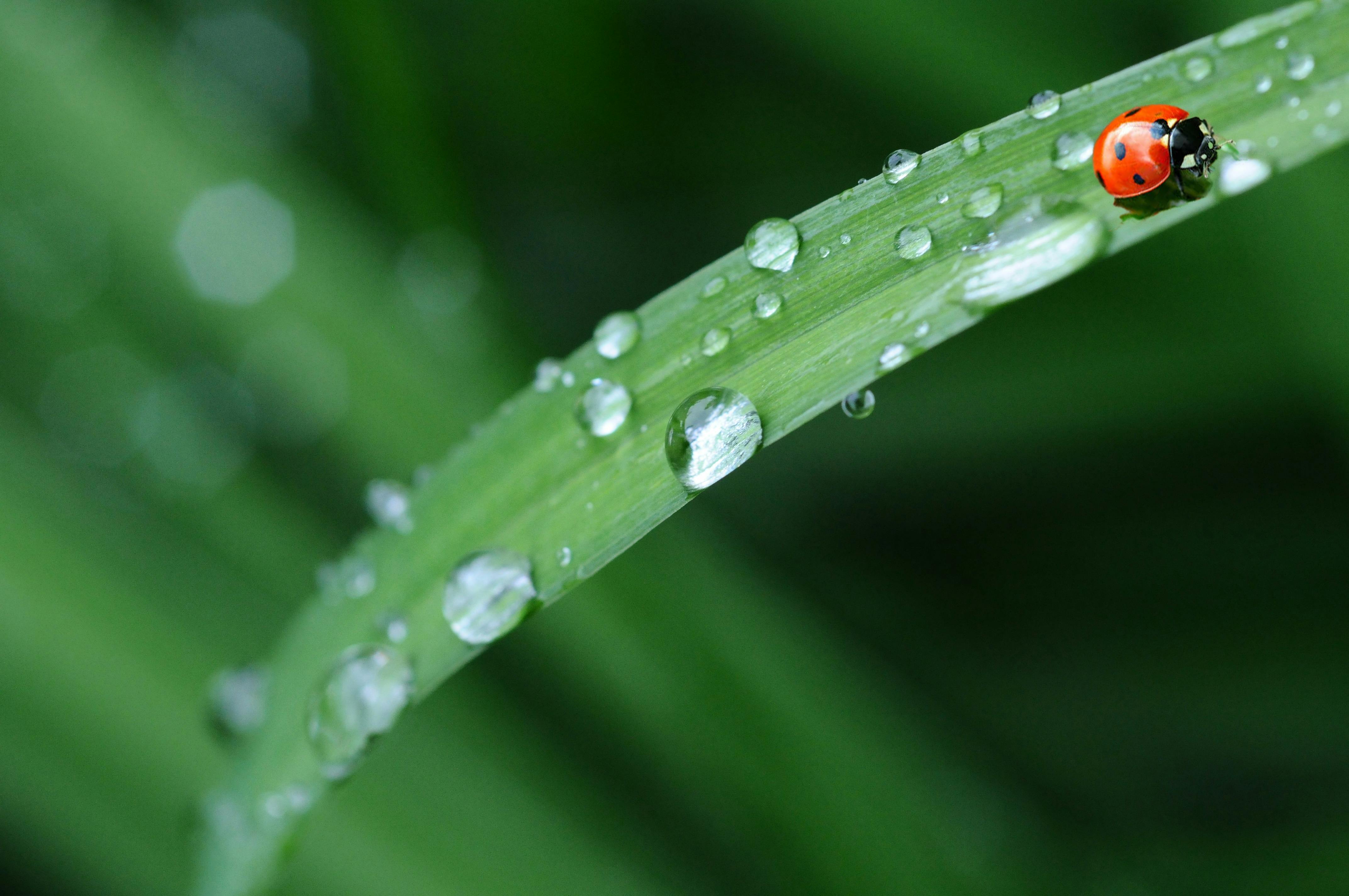Distilled water is a type of water that has had impurities removed from it through a process called distillation. This process involves boiling the water and then collecting its vapor, which is then cooled and condensed back into liquid form. Distilled water is often used in laboratories, cooking, and medical applications, as it contains no impurities or minerals. Spring water is naturally-occurring underground water that has been collected from an aquifer or spring source. Spring water is often filtered or treated to meet certain safety standards, but it still retains some of its natural minerals and other compounds that give it unique properties. Both distilled and spring water are popular choices for drinking purposes or other uses where cleanliness is important.The primary difference between distilled water and spring water is the source from which they are obtained. Distilled water is obtained through a process of distillation, which involves boiling the water and collecting the steam, then converting it back into liquid form. Spring water, on the other hand, is collected directly from natural springs. It has not been treated with chemicals or gone through any filtration process. Furthermore, spring water contains natural minerals that are absent in distilled water.
Distilled Water
Distilled water is a type of purified water that has had both impurities and minerals removed. It is created by boiling regular tap water and then condensing the steam into a clean container, leaving pollutants and contaminants behind. This process removes any volatile organic compounds, heavy metals, bacteria, viruses, and other contaminants from the water. As a result, distilled water is considered to be one of the purest forms of drinking water available. It can also be used in many industrial processes due to its lack of minerals and impurities.
Since distilled water does not contain any minerals, it is a popular choice for those who are on special diets or have specific health needs. It is also used in medical facilities as it does not contain any bacteria or viruses that could potentially infect patients. Additionally, since it does not have any minerals or other materials that can build up in pipes or other equipment, many businesses prefer to use distilled water for their applications.
Although distilled water has numerous advantages, there are some things to consider when using it. First of all, since there are no minerals present in this type of water, it is important
Spring Water
Spring water is a type of natural mineral water that comes from a spring. Springs are naturally occurring sources of underground water that come from aquifers, which are large bodies of groundwater located beneath the surface. Spring water is typically found in areas with high concentrations of minerals such as calcium, magnesium, and sodium. It is often referred to as “living” or “healing” water due to its beneficial properties. Spring water has many health benefits including boosting immunity, improving digestion, and providing relief from stress and anxiety. It is also said to have anti-aging benefits and can help improve the quality of skin. Spring water can be consumed directly or used in cooking and baking recipes for added flavor and nutrition. The taste and mineral content of each spring will vary depending on its location and composition but generally it has a pleasant, refreshing flavor.
How Does Distilled Water Differ From Spring Water?
Distilled water and spring water are two different types of water. Distilled water is created through a process of evaporation and condensation, while spring water is sourced from underground aquifers. Distilled water is free of minerals, while spring water contains minerals such as calcium, magnesium, sodium, and potassium.
Distilled water has a neutral pH level of 7.0, making it an excellent choice for drinking. Spring water can have a slightly acidic or alkaline pH depending on the source, which may not be ideal for drinking. Distilled water also has no taste or odor due to its lack of minerals and other contaminants. Spring water can have a slight metallic taste and odor due to the presence of minerals and other contaminants.
Distilled water is also ideal for use in medical equipment such as dialysis machines as it does not contain any impurities or contaminants that could affect the accuracy of readings or damage equipment. Spring water is not recommended for use in medical equipment due to its higher mineral content which could cause inaccurate readings or damage the equipment.
Overall, distilled water and spring water
Benefits of Drinking Distilled Water
Distilled water is a type of purified water that has had both impurities and minerals removed. It is made through a process called distillation, which involves boiling the water and then condensing the steam back into a liquid. Many people choose to drink distilled water because it is free of potentially harmful contaminants such as lead, bacteria, and pesticides. Additionally, drinking distilled water may provide several health benefits, including improved hydration, better skin health, and reduced risk of kidney stones.
The lack of minerals like calcium and magnesium found in regular drinking water make distilled water more hydrating than other types of purified water. This can be beneficial for athletes or those who perform strenuous physical activity since it helps replenish electrolytes lost during exercise. Additionally, some studies have shown that drinking distilled water can help to flush toxins from the body faster than regular drinking water.
Another potential benefit of drinking distilled water is its ability to improve skin health. Since distilled water has no minerals, it does not form deposits on the skin like other types of purified waters can. This means that when used for showering

Benefits of Drinking Spring Water
Drinking spring water can provide numerous benefits to our overall health and wellbeing. Spring water is naturally occurring and has not been treated or processed, meaning it contains essential minerals and trace elements that can help to improve our well-being. It is also a great source of hydration when consumed regularly. Here are some of the benefits of drinking spring water:
One of the main benefits of drinking spring water is improved hydration. As previously mentioned, spring water is a natural source of hydration that does not contain any additives or chemicals found in other types of water. This means that it helps to replace lost electrolytes during exercise and other activities, while also providing the body with vital minerals that help to support overall health.
Another benefit of drinking spring water is improved digestion. Spring water contains high levels of magnesium, which helps to reduce constipation and promote regular bowel movements. Magnesium also helps to support healthy bacteria in the gut, which can aid in digestion and reduce bloating.
Spring water can also help to boost the immune system
Advantages of Drinking Distilled Water Over Spring Water
Drinking water is essential for our health and should be done on a daily basis. While spring water may be the more popular choice, distilled water has its own set of advantages. Distilled water is free from minerals, chemicals, and other contaminants that can be found in spring water. It has gone through a process of distillation which involves boiling the water and condensing the steam so that it can be collected in a separate container. This process also removes any bacteria, parasites, or other microorganisms that may have been present in the original source of water.
Another advantage of drinking distilled water over spring water is that it has a neutral pH level which means it does not contain acidic ions. This makes it better for people with sensitive stomachs as acidic ions can cause stomach upset when consumed over time. In addition to this, some minerals found in spring water can lead to an unbalanced mineral-to-water ratio which can lead to bloating and other digestive issues.
Distilled water is also better for people who are trying to lose weight as it contains no calories or sugar. On the
Advantages of Drinking Distilled Water Over Spring Water
Drinking distilled water offers many benefits over drinking spring water. Distilled water has gone through a process of distillation, which removes contaminants and minerals from the water. This makes it a much purer form of water than spring water. It also has a neutral taste that is free from any strong mineral tastes or odours that can be present in some spring waters. Furthermore, distilled water is free from microorganisms and other pathogens, making it much safer to drink than spring water.
Disadvantages of Drinking Distilled Water Over Spring Water
The main disadvantage of drinking distilled water over spring water is that it lacks essential minerals and nutrients found in natural springs. These minerals are important for maintaining good health, so if you only drink distilled water you may need to supplement your diet with other sources of these minerals. Additionally, some people find the taste of distilled water to be too bland or unappealing compared to spring waters that have more pronounced flavours. Finally, distilled water can be more expensive than some types of spring waters due to the energy-intensive process required for dist

Conclusion
Distilled water and spring water are two different types of water that have distinct differences. Distilled water is created using a process called distillation, which involves boiling the water, collecting the vapors, and then condensing them back into liquid form. Spring water is collected from sources located in an underground aquifer and must follow certain regulations to be labeled as such. While both distilled and spring water can be consumed safely, there are some benefits to consuming spring water over distilled water. Spring water is typically less processed than distilled, contains some minerals that can be beneficial for health, and has a natural taste that many people enjoy. Additionally, spring water is usually more affordable than distilled. When choosing between these two types of bottled waters, it’s important to consider your individual needs and preferences.
Ultimately, both distilled and spring waters can provide safe drinking options for consumers. It’s important to understand the differences between them so you can make an informed choice about which type of bottled water is best for you.

